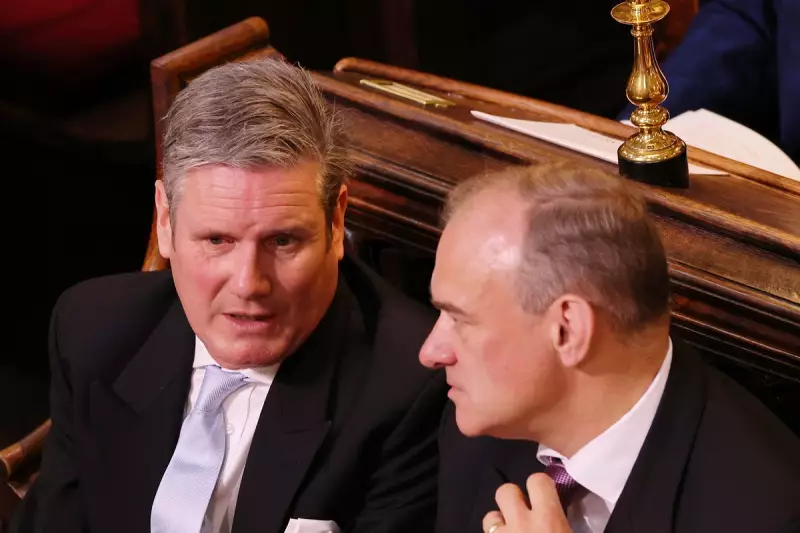
In a definitive move that reshapes the political battlefield, Liberal Democrat leader Sir Ed Davey has publicly and unequivocally ruled out forming any coalition government with Sir Keir Starmer's Labour Party after the next general election.
The announcement, made during a major campaign speech, is a strategic bid to woo disaffected Conservative voters. Sir Ed positioned his party as the rightful heir to become the official opposition, directly challenging the potential influence of Nigel Farage's Reform UK party.
A Strategic Play for Tory Votes
Davey's calculus is clear: by explicitly rejecting a pact with Labour, he aims to reassure traditional Conservative supporters that a vote for the Lib Dems is not an indirect vote for a Labour government. This tactic is designed to harvest votes in the crucial 'Blue Wall' seats across southern England where the Lib Dems are the main challengers to the Tories.
'We are not doing any deals,' Davey stated emphatically. His objective is not to prop up a Starmer administration but to ''replace the Conservatives as the main opposition.'' This bold ambition frames the election as a battle for the very soul of Britain's centre-right political landscape.
The Farage Factor and a Warning to Voters
A significant portion of Davey's rhetoric was aimed at neutralising the threat posed by Nigel Farage's return to frontline politics with Reform UK. He issued a stark warning to voters flirting with Reform, branding them a ''party of protest'' that would ultimately pave the way for a Labour majority.
He argued that only a strong Liberal Democrat party could effectively hold an incoming Labour government to account and prevent what he characterised as a ''Reform-facilitated Labour landslide.'' This message is targeted at moderate Conservatives alarmed by both a potential far-left shift and the hard-right policies of Reform.
The Liberal Democrats are now pitching themselves as the sensible, strong, and stable alternative for voters across the political spectrum who are disillusioned with the Conservative Party's record in power but remain wary of Labour.






